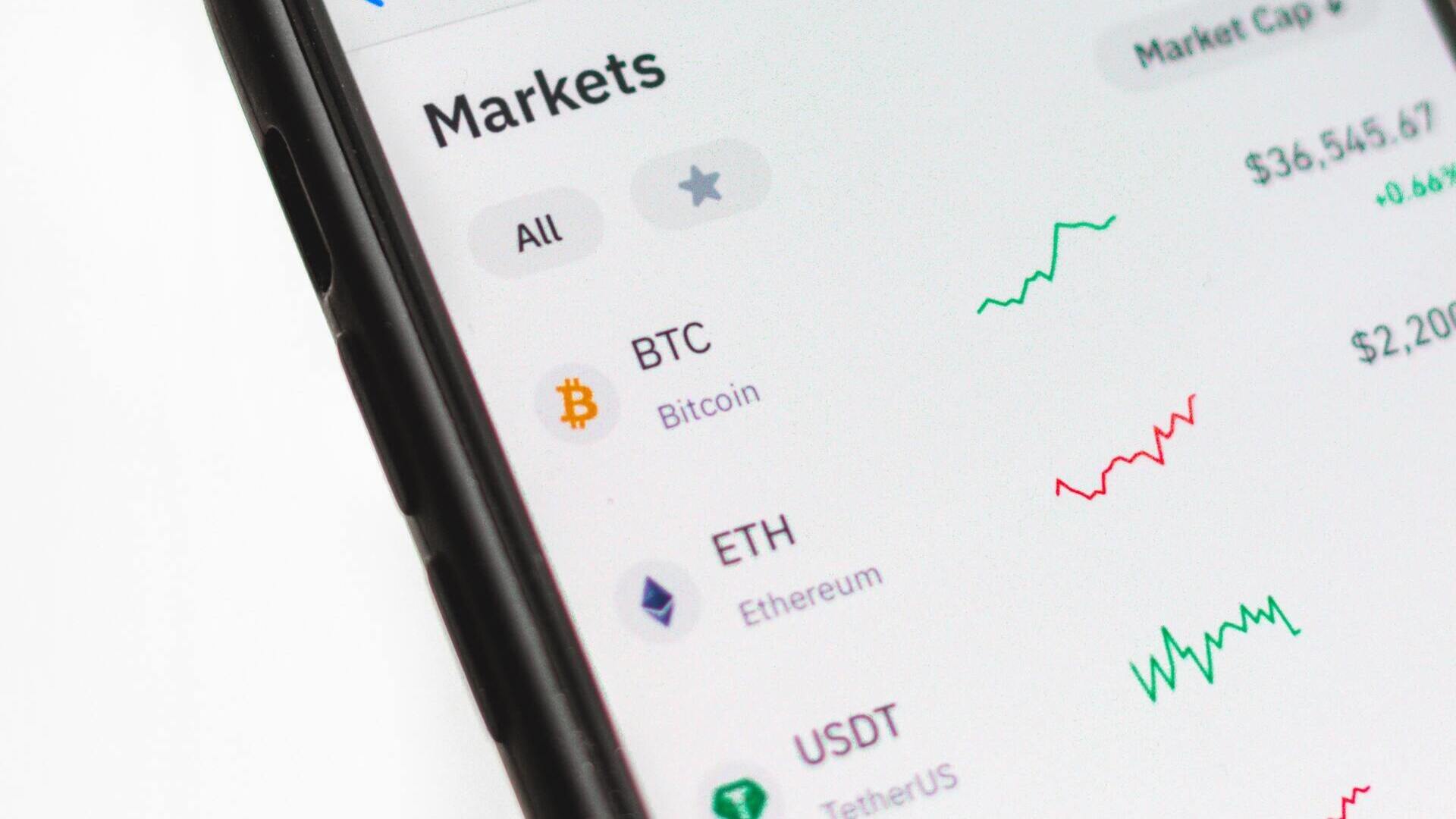
Bitcoin, Dogecoin, Ethereum, BNB and more – why are cryptos so in right now?
A short list of 6 main reasons why crypto has become so popular over the past years
As I open my bank’s mobile app I discover that by simply scrolling down the main page I’m offered multiple easy ways to buy crypto currency, via my bank itself – “starting from 1$!”. But how and when did cryptocurrencies become a household name, starting off from the bowels of the web to becoming part of an online bank’s investment plan?
Digital currency initially made its way on the web in 2008, as the officially established crypto coin Bitcoin made its first public appearance, its very existence tied to the anonymous online entity by the name of Satoshi Nakamoto. Originally developed as a way to create a decentralised flow of money, Bitcoins were a unique form of currency, bought and exchanged away from government control and central banks. The popularity of cryptos has skyrocketed in recent years, their competitive nature and perceived intuitiveness seem appealing to a bigger and bigger audience every year, as more brokers than ever now offer crypto trading.
Let’s take a look at the main reasons why cryptocurrencies got so big, so fast, in the last years:
Inflation, or the lack thereof
By its very nature, cryptocurrency doesn’t use an intermediary, and as it is not bound to governmental agencies and banks, in case of a crisis your assets can not be frozen or confiscated.This factor is to be taken into account when inquiring the role cryptocurrencies have, and have had, in the so-called “financial inclusion” of individuals and communities living in developing countries, with South Africa and India expected to become world leaders in crypto adoption.
Low Fees
In order to buy crypto you’ll have to work through an online crypto exchange or online marketplace, and while fees can vary, largely depending on the platform and the services offered, most providers try to keep fees and extra costs as low as possible in order to attract as many users as possible. Most online exchanges will charge users between 0% and 1,5% per trade. If you decide to invest 10.000 € in crypto, the fees you might encounter could be anywhere between 0€ to 150€. The reason costs are relatively low when compared to traditional trading, is that by not using intermediaries, cryptos cut out the middleman when verifying payments.
Celebrity endorsement and internet culture
Internet culture might be one of the main factors to have brought the younger generation and cryptos together. Celebrities like Elon Musk and Bill Gates, to name a few, have endorsed the system publicly.
El Salvador’s president Nayib Bukele’s tweets flooded Reddit and Instagram and cemented his role as the “president of the meme era”, after his decision to make Bitcoins into legal tender in the country. The “memefication” of crypto has allowed the younger generation to approach crypto trading in online spaces, usually populated by their peers, where the fluid exchange of know-how and information has made it easier for beginners to start trading.
Real world Utility
More and more merchants around the globe have begun accepting cryptocurrency as payment. Room77, a legendary establishment among the crypto community, made the news back in 2011 for being the first “street businesses” to accept Bitcoin in Germany. As Room77 founder Jorg Platzer stated: “Before we did that, all media coverage about bitcoin was about hackers stealing credit card details and selling them on the black markets”.
Cryptocurrency Debit and Credit Cards have recently started to be offered to the general public, services such as BlockFi Bitcoin and Coinbase Card allow holders to pay and to withdraw from regular ATMs by instantly converting cryptos into the local currency. Individuals might even be able to apply for crypto loans, with providers such as Nexo currently offering loans up to $2 Million.
Security
Crypto trade, investment and use is generally a secure process. Users don’t need to be particularly tech savvy to take care of their assets as the use of blockchain technology makes it difficult for transactions to be hacked by crypto scammers. But what prevents users or scammers from creating fake crypto payments? Again the decentralised nature of cryptos comes into play. Given that there is no central authority that has control over crypto coins, a network of computers works to keep track of all crypto transactions instead. Comparing and verifying all purchases and sales executed between network participants, thus lowering the risk of fake tokens.
Ease of purchase
Investing in cryptos might seem complicated, but trading only requires an account at a service or an exchange. After finding the broker or exchange platform that most fits you, placing your “order” will be easy, just make sure you have enough funds. The great thing, especially for the younger audience, is there is almost no minimum purchase when it comes to cryptos. You can purchase 50, 10 or as little as 0.01 Bitcoins, and store them in your wallet. While your e-wallet doesn’t hold cryptos – those are kept on a blockchain – you need to use a wallet if you want to buy, spend or trade. And this means that having access to the key to your wallet gives you total control of your funds.
It seems easy, given these considerations, to acknowledge how and why cryptos seem to be considered the future by many, and how keeping up with the current trends will allow you to get and stay ahead of the curve.
Disclaimer: This blog (the “Blog”) is created and authored by Laura Ghiretti (the “Content Creator”). The information in the Blog constitutes the Content Creator’s own opinions and it should not be regarded as a description of services provided by Beewise or Azimut Investments S.A. The content on this Blog is generated for entertainment and general informative purposes only and are not intended to provide specific advice or recommendations for any individual or on any specific security or investment product. It is only intended to provide education about the financial industry. The information on the Blog is authentic to the best of Content Creator’s knowledge, and as such, it is prone to errors and the absence of some key information. Nothing on this Blog constitutes investment advice, performance data or any recommendation that any security, portfolio of securities, investment product, transaction or investment strategy is suitable for any specific person.






